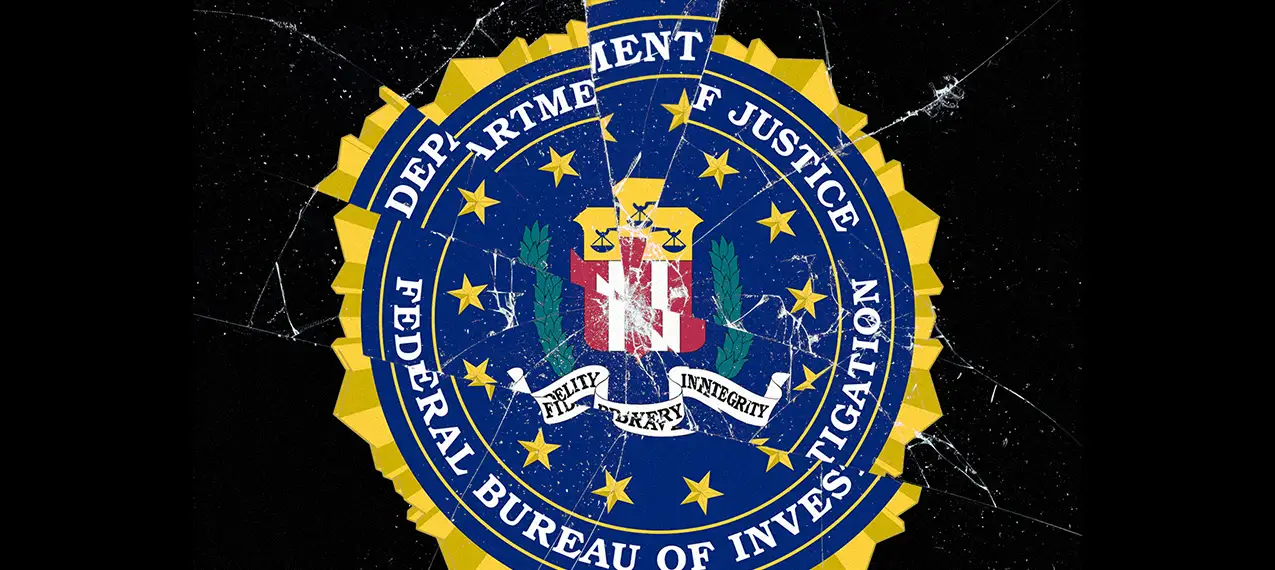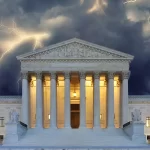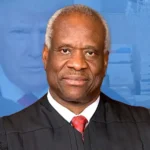
Yesterday, FBI Director Christopher Wray testified and answered questions before the United States House Committee on the Judiciary. The hearing got rather intense at multiple points and lasted for almost six hours, covering some of the highest profile controversies facing the FBI, including school boards, FISA, foreign interference, and the ongoing investigations around former President Trump, President Joe Biden, and Hunter Biden.
One of the issues discussed was an internal memo created by the Richmond VA Field Office of the FBI, which highlighted a subset of conservative Catholics, which they labeled as Radical-traditionalist Catholics (RTCs). They said that churches and organizations which espoused RTC theology were attractive to racially or ethnically motivated violent extremists and merited investigation and scrutiny. The memo even went so far as to single out the period leading up to the 2024 election as the time when scrutiny would be most necessary.
This memo, which cited Salon, the Atlantic, and the Southern Poverty Law Center, was thoroughly denounced upon its leaking to the public. Upon its publicization, Director Wray ordered the memo rescinded, but during the hearing he would not disclose who had made it or what repercussions they would face.
Chairman Jordan, reading from the memo, highlighted a particularly troubling sentence, which advised to “provide new opportunities to mitigate extremist threat through outreach to traditional Catholic parishes and the development of sources with the placement and access to report on places of worship.” He then remarked, “That’s pretty fancy language for ‘they are trying to put informants in the parish, in the church.’ That’s what this memorandum said, Director, from one of your field offices, and you won’t let us talk to the people who did it.”[1] Director Wray replied that there had been no investigative action taken as a result of the memo and noted there was an internal review underway.
Another interesting issue was the fact that the FBI passed along requests from the SBU (Sluzha Bezpeky Ukrainy, Security Service of Ukraine) to American social media companies to remove posts and accounts, including that of an official US State Department account. The fact that American citizens had their online vehicles for expressing free speech flagged for social media companies by a foreign power on grounds of supposed “foreign disinformation” is especially concerning.
Rep. Dan Bishop (R-NC) summarized the issue very well, saying “I believe it is fairly common sense that if you’ve got a constant, expectant suggestion from the FBI to social media companies with respect to social media posts, at some point in time it becomes a government decision or it becomes coercive in nature. Today it’s sort of striking that you come in and sort of casually acknowledge that among other things that we did pass through, I think you said, information from the Ukrainian SBU to social media as if it’s normal for the FBI to serve effectively as the agent of a foreign power to help pull information out of circulation to which Americans otherwise would have access, because a foreign intelligence service doesn’t like it.” Read the House Judiciary Committee’s findings on the FBI’s practice of passing along requests for the SBU here.
Other topics discussed included abuses of the search query process under Section 702 of the Foreign Intelligence Surveillance Act (FISA), the FBI’s purchasing of personal geolocation data of American citizens from commercial sources,[2] the investigation into alleged Russian interference in the 2016 election and the subsequent Durham Report, the arrest of Mark Houck, the raid of former President Donald Trump’s Mar-a-Lago residence, the perceived double standard when comparing how the FBI has handled Donald Trump and how they have handled the Biden family and Hillary Clinton, FBI involvement in surveillance of parents involved in school board meetings, the crisis at the border and the related fentanyl epidemic, whether there were confidential human sources of the FBI in the crowd on January 6th, continuing investigations into January 6th suspects and these investigations’ costs, the handling of FBI whistleblowers, and the massive amount of banking transaction records the FBI received from Bank of America after January 6th.
Aside from the discussion of more pressing, recent controversies related to the FBI, Director Wray noted that the threat of radical Islamic terrorism has not gone away and that the Bureau continues to thwart potential terror attacks, despite their departure from the daily news. He also noted that since the Court’s decision in Dobbs v. Jackson Women’s Health Organization, roughly 70% of new investigations into violence and threats of violence related to abortion have been threats made against pro-life facilities.
House Democrats largely praised the Bureau and Director Wray and often mentioned former President Donald Trump and his ongoing legal matters. Rep. Cori Bush (D-MO) pressed Director Wray on FBI surveillance of BLM figures, while referring to her time “on the ground” in the “Ferguson Uprising.”
Director Wray partially rebuffed discussion of the lower than historically average recent public approval of the FBI by mentioning increased applications to work at the FBI over his term.
Cited repeatedly in the hearing was the recent ruling out of the Western District of Louisiana, which placed a broad injunction against the government’s practice of requesting social media companies remove content even if that content is not illegal or a national security threat. You can read that opinion here.
[1] The official transcript of the hearing has yet to be released at the time of this post’s writing, so these are Landmark’s unofficial notes of the remarks.
[2] A practice which Rep. Pramila Jayapal noted is especially concerning in light of the Supreme Court’s ruling in Carpenter v United States which found that an individual’s cell-site records constitute a search and require a warrant.
SUPPORT LANDMARK LEGAL FOUNDATION
We are truly facing existential threats to our individual rights and liberties, the Constitution, and our national character. If unchallenged, this assault on our very way of life will ruin our great nation. With your financial and moral support, Landmark is not going to let that happen without a fight. Will you join us?
JOIN OUR MAILING LIST
Never miss an update from Landmark Legal Foundation as we continue the fight to preserve America’s principles and defend the Constitution from the radical left.
Landmark will NEVER share your contact information and we will not flood your inbox.





